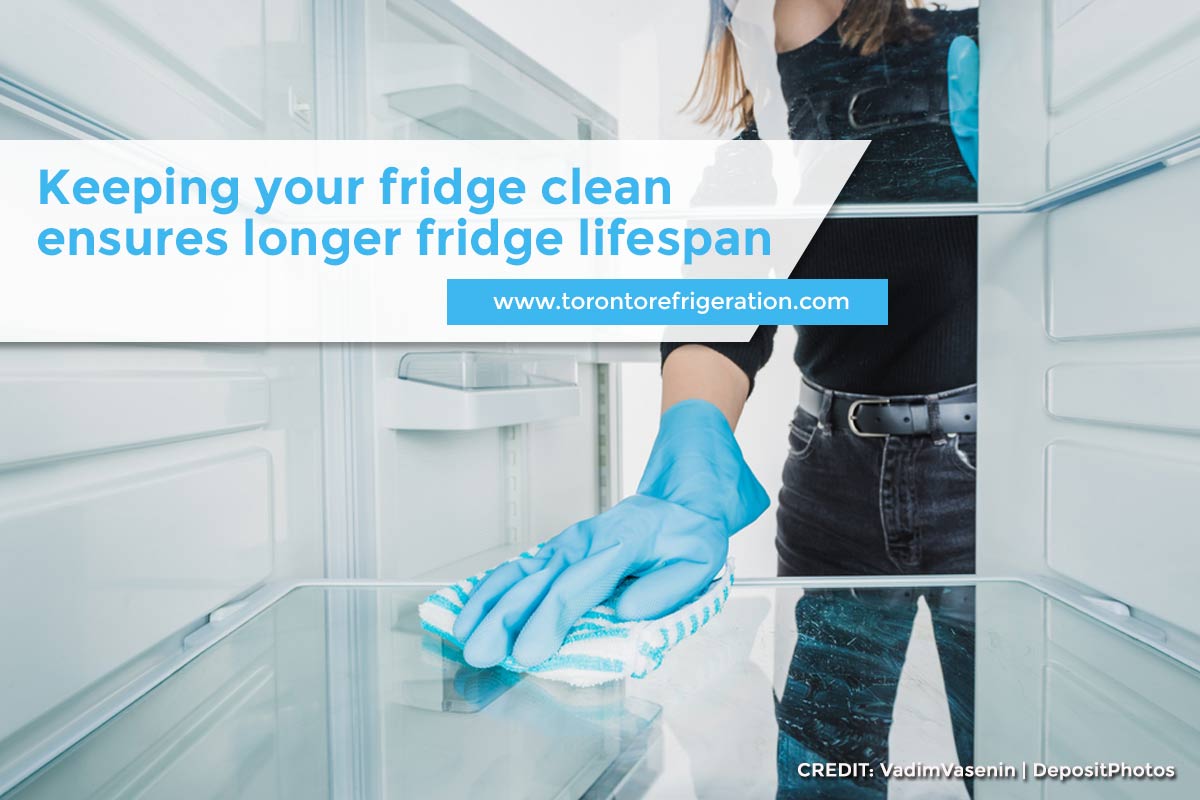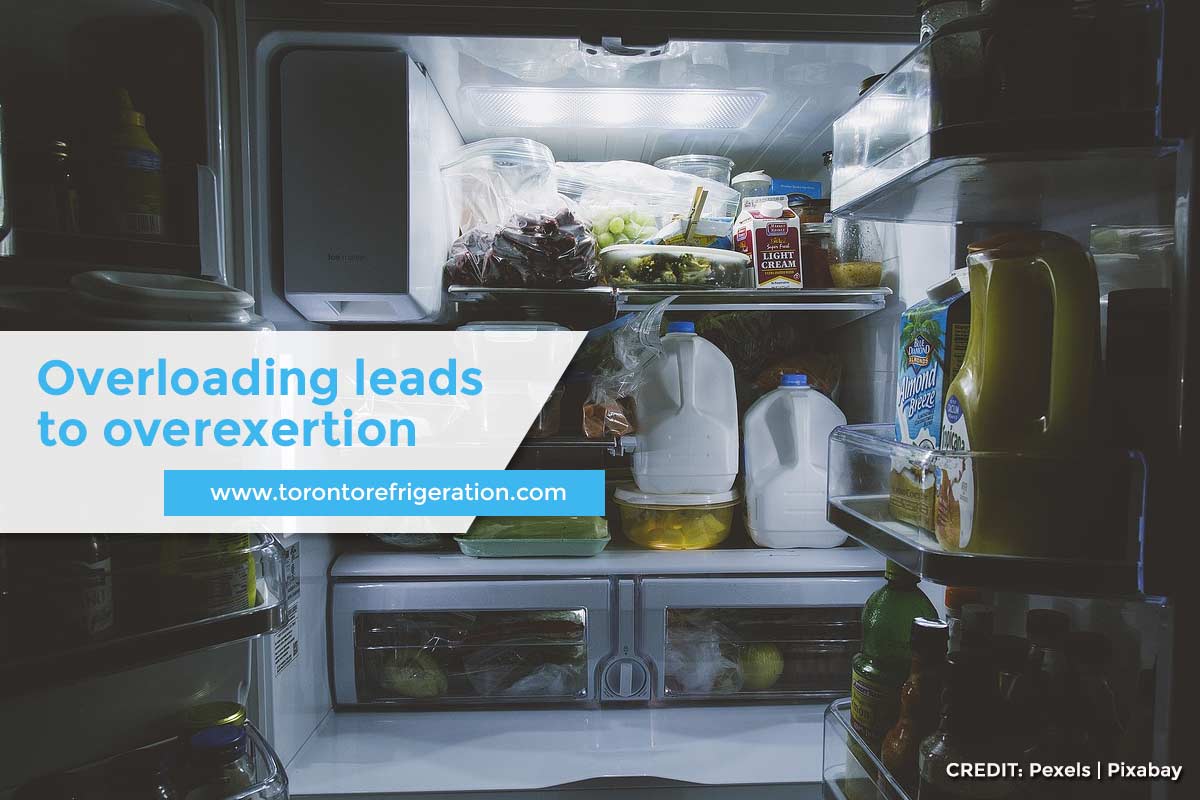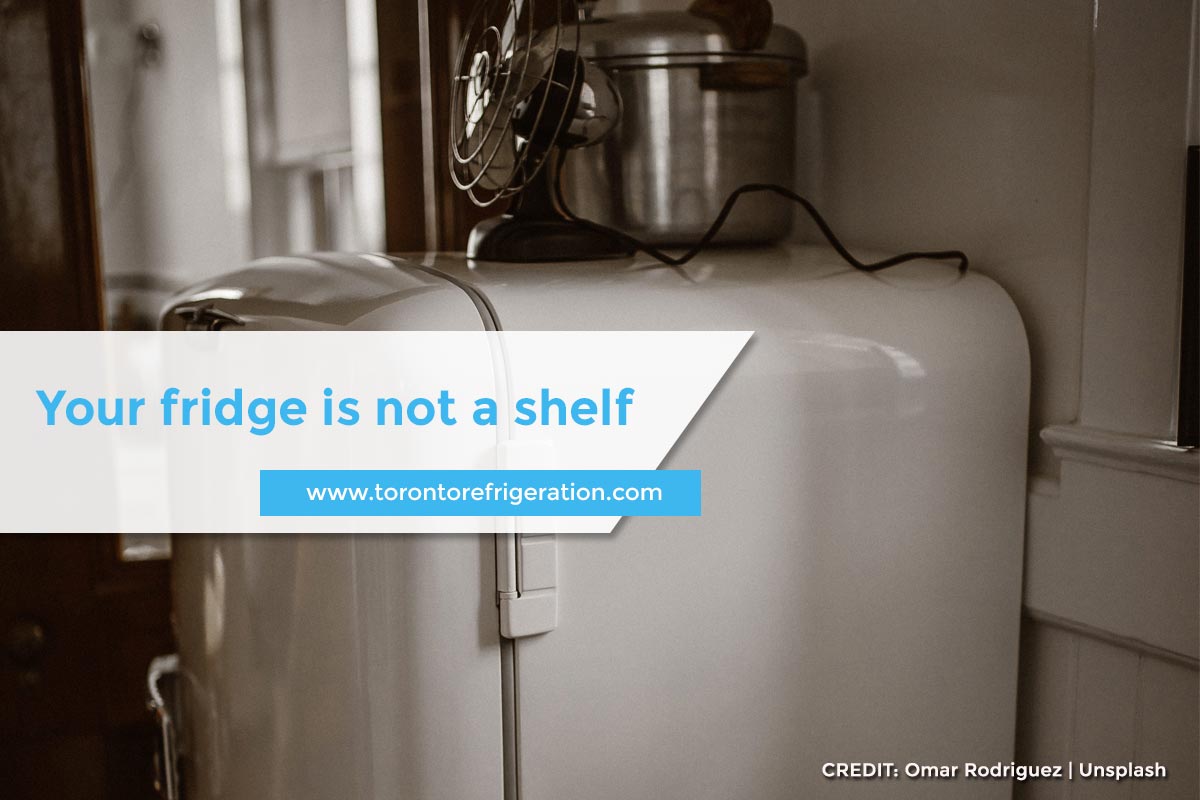How to Prolong Your Fridge Lifespan

A fridge is among the most important appliances in your home. It is where you store most of your groceries, keeping them fresh for several days and saving you from making a few trips to the store. Like other appliances, it needs proper care and maintenance.
You may end up finding yourself in a tough situation when your fridge breaks down. In addition to spoilt food stocks, replacing your fridge could cost you hundreds of dollars. That is why it is imperative that you take good care of your fridge.
Average Lifespan of Refrigerator
Although refrigerators last longer than other appliances, they do not run indefinitely. When properly maintained, the average life expectancy of a fridge is between 14 and 17 years. However, its construction (model and size) and how well you take care of your appliance can affect its life expectancy. Compact refrigerators can operate up to 14 years, while the standard ones can last up to 17 years.
Extending the Life of Your Fridge
If you own a fridge at home and are looking for smart ways to extend its lifespan, this post is definitely for you. We have rounded up some quick and easy tips on how to take good care of your fridge to make it last longer.
- Clean Fridge and Freezer Regularly
Your fridge should be kept clean at all times. Remove leftovers that have been stored for days to prevent housing odour-causing bacteria. To keep the fridge and freezer clean, use soapy water to clean the interior at least once a month. To eliminate bad odour, keep a small bowl of lime and vinegar inside the fridge for a day.
Defrost the freezer regularly. Make sure to unplug the fridge from the power before cleaning the freezer. After removing the food items inside the freezer, wipe it with a baking soda solution before rinsing it with clean water using a clean cloth.
- Keep It Away from Heat
Make sure your fridge is away from direct sunlight or heat-producing appliances, such as ovens and dishwashers, as it causes the compressor to work in overdrive, shortening its lifespan.
- Vacuum the Condenser Coils
Dust, dirt, grime, and other debris can eventually accumulate on the condenser coils, inhibiting their ability to dissipate heat from the unit. This reduces its efficiency and potentially lead to a breakdown.
To maintain its performance, make sure to vacuum the coils using a soft brush attachment every 6 months. Condenser coils can be found on the rear or underside of the fridge.
- Avoid Overfilling Your Fridge
When storing foods in your fridge, make sure to leave about 1 to 2 inches space between each item to avoid overloading the fridge and covering the air vents. This allows efficient circulation of cool air and maintains a consistent temperature. Inefficient flow of cool air can cause the compressor to turn on and off more often than it should.
- Set the Right Temperature
Setting the temperature too low causes the fridge to work harder to maintain the temperature. Leaving the fridge door open even for a minute can nullify all the fridge’s hard work and the motor has to run harder to restore the temperature. However, setting the temperature a little higher prevents the motor from working hard. Make sure to set the temperature between 3°C to 4°C.
- Keep the Top of the Fridge Clear
Some of us see the top of the fridge as an extra shelf for boxes of cereals or food storage boxes. However, anything placed on top of the fridge can interfere with its ability to dissipate heat, trapping the air and affecting the fridge’s overall cooling performance. For fridges placed under kitchen cabinets, leave enough space to ensure proper airflow.
- Seal It Well
Inspect the seals for any signs of damage. Cracked seals should be replaced immediately. This will not only cause the fridge motor to run continuously and cause a spike in your monthly electric bill but also burn out your fridge quickly. Make sure to inspect the gaskets too as they help tighten the seal on the door.
The best secret to keeping your fridge in optimal condition is to be proactive. Following these tips will help increase the life of your fridge and save you from costly repairs and the hassles of premature replacement.
Common Refrigerator Problems
The refrigerator is a complex and hardest working kitchen appliance that operates round the clock to preserve the freshness of your foods. Rigorous use can result in wear and tear, causing different issues, including:
- Leaking Water – Although a relatively common occurrence and can be resolved easily, finding a pool of water under your fridge is never a good sign. Water leakage can be caused by either a blocked defrost drain or a clogged or frozen water supply line.
- Freon or Refrigerant – The lack of coolant causes your fridge not to turn on or operate correctly. Make sure to call a refrigerator repair professional to refill the coolant.
- Always Running – When the fridge motor runs nonstop, it can send your energy bill through the roof, taking a big bite out of your wallet. The buildup of dirt and debris around the condenser coil and setting the temperature too low are two of the main causes why your fridge is working overtime.
- Dirty Condenser Coils – The main function of the condenser coils is to convert high-pressure, high-temperature gas into a high-pressure liquid by dissipating heat from the rear end. When covered with dirt, it cannot dissipate heat properly, causing the fridge to become inefficient and stop working.
- Faulty Thermostat – When the thermostat becomes defective, it fails to send a start signal to the capacitor, causing the fridge not to turn on.
- Too Much Freezer Ice Buildup – When your freezer produces too much ice, it indicates a serious problem. There are 2 possible causes that contribute to this problem — blocked airflow and a faulty seal that can leave an opening and cause the humidity levels to increase inside the freezer.
For professional refrigerator and freezer repair in Toronto and across the GTA, turn to Toronto Refrigeration. Our professional technicians understand the inconvenience of broken refrigerators; that is why we are here to provide same day repair services to keep them running in no time. To book an appointment, give us a call at (416) 918-2700.




